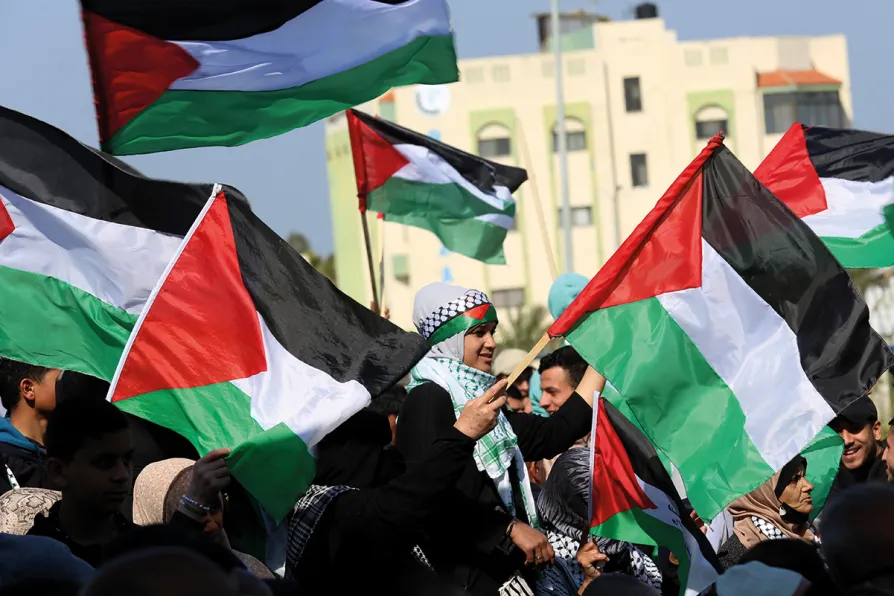From training Israeli colonels during the slaughter to protecting Israel at the UN, senior British figures should fear Article 3 of the Genocide Convention that criminalises complicity in mass killing, writes IAN SINCLAIR

 Women wave their national flags during a rally marking the 46st anniversary of Land Day, near the fence of the Gaza Strip's border with Israel
Women wave their national flags during a rally marking the 46st anniversary of Land Day, near the fence of the Gaza Strip's border with Israel
“THE water is back,” one family member would announce in a mix of excitement and panic, often very late at night.
The moment such an announcement was made, my whole family would start running in all directions to fill every tank, container or bottle that could possibly be filled.
Quite often, the water would last only for a few minutes, leaving us with a collective sense of defeat, worrying about the very possibility of surviving.

With foreign media banned from Gaza, Palestinians themselves have reversed most of zionism’s century-long propaganda gains in just two years — this is why Israel has killed 270 journalists since October 2023, explains RAMZY BAROUD

Gaza’s collective sumud has proven more powerful than one of the world’s best-equipped militaries, but the change in international attitudes isn’t happening fast enough to save a starving population from Western-backed genocide, argues RAMZY BAROUD

RAMZY BAROUD asks why it has taken so long for even left-wing voices in the West to call out what Israel is doing

RAMZY BAROUD explains why the world can no longer ignore Palestine














